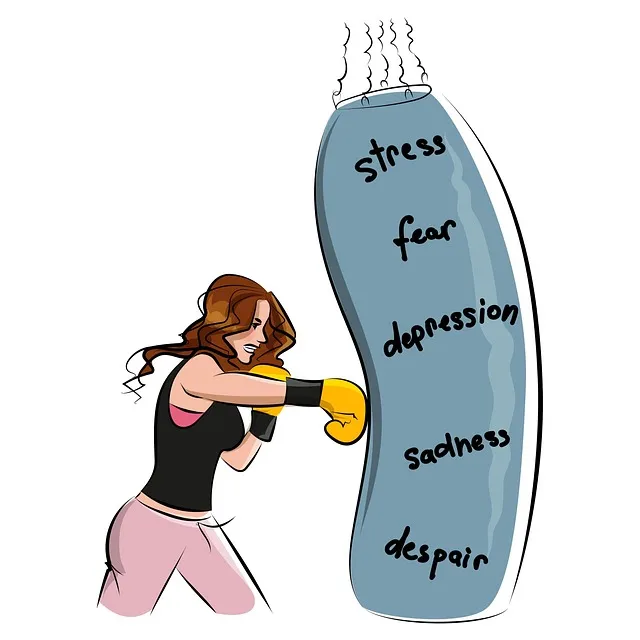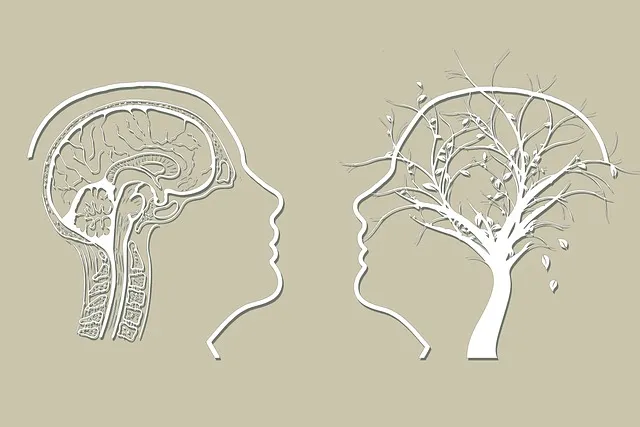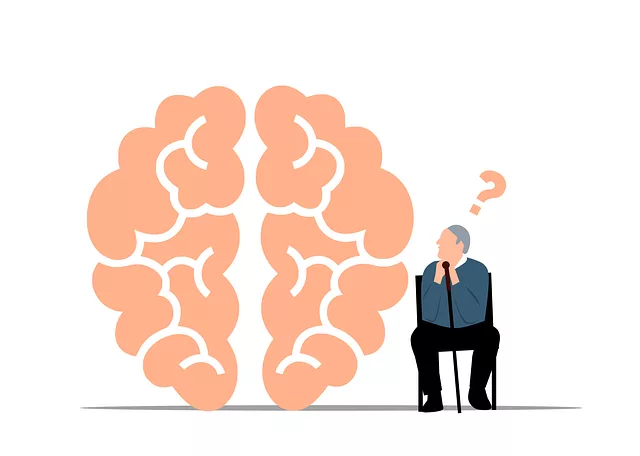Mental wellness group facilitation at Kaiser in Longmont is a powerful tool, combining traditional therapy with community-building for comprehensive support. Therapists create safe, inclusive spaces through active listening, diverse communication styles, and clear boundaries, fostering resilience and reducing stigma. This approach, backed by effective evaluation methods, ensures tailored care for improved mental well-being. The commitment to high-quality, engaging sessions at Kaiser Longmont solidifies its reputation as a leading provider with good therapists.
Mental wellness group facilitation plays a crucial role in enhancing therapeutic outcomes, especially for those seeking support outside of traditional one-on-one therapy. This article explores effective techniques employed by therapists facilitating mental health groups, focusing on communication strategies, creating safe spaces, encouraging active participation, and measuring success. Discover how these methods can significantly impact individuals’ journeys towards mental well-being, potentially surpassing the benefits of individual therapy sessions, even in a group setting. Explore best practices to ensure Kaiser’s Longmont therapists provide exceptional care.
- Understanding Mental Wellness Group Facilitation: A Key Role for Therapists
- Effective Communication Strategies for Group Settings
- Creating a Safe and Supportive Environment
- Techniques to Encourage Active Participation
- Measuring and Enhancing Group Therapy Outcomes
Understanding Mental Wellness Group Facilitation: A Key Role for Therapists

Mental wellness group facilitation plays a pivotal role in supporting individuals navigating mental health challenges. Therapists serving at institutions like Kaiser in Longmont hold a key position, guiding and fostering a safe space for peers to connect, share experiences, and offer mutual support. This dynamic approach to therapy enriches traditional treatment methods by incorporating social interaction and community-building techniques.
Effective group facilitation involves creating an inclusive environment that encourages open dialogue while ensuring confidentiality. Therapists facilitate these discussions, helping members develop coping strategies, build resilience, and challenge the stigma surrounding mental illness. Moreover, such workshops promote self-care practices and serve as platforms for mental illness stigma reduction efforts, ultimately contributing to enhanced well-being within the community.
Effective Communication Strategies for Group Settings

Effective communication is a cornerstone for successful group facilitation, especially when addressing mental wellness topics. Group settings present unique dynamics that require therapists to adapt their strategies. One key aspect is ensuring every member feels heard and respected, fostering an environment where individuals feel comfortable expressing their thoughts and feelings openly. This can be achieved by employing active listening techniques, where facilitators paraphrase and summarize participants’ statements, demonstrating empathy and understanding.
Additionally, encouraging diverse communication styles benefits the group. Some members may prefer non-verbal cues or more concise expressions, while others share extensively. Facilitators should create a safe space for all forms of communication, promoting self-esteem improvement and mental health awareness. By doing so, participants can build on each other’s ideas, contributing to stress reduction methods and enhancing the overall therapeutic experience. This inclusive approach is vital in ensuring that does Kaiser have good therapists in Longmont lives up to its reputation for quality mental health services.
Creating a Safe and Supportive Environment

Creating a safe and supportive environment is paramount when facilitating mental wellness groups. This begins with establishing clear boundaries and ground rules to ensure all participants feel respected and heard. Facilitators should encourage open dialogue, emphasizing that thoughts and feelings are valid and confidential. At Kaiser in Longmont, therapists are known for cultivating such environments, fostering trust through active listening and non-judgmental attitudes.
This foundation is crucial for implementing effective Burnout Prevention Strategies for Healthcare Providers. When group members believe they can express themselves without fear of criticism or rejection, they’re more likely to engage in self-care discussions and share coping mechanisms. Additionally, this supportive atmosphere boosts confidence, helping individuals confront mental health challenges with renewed strength and resilience.
Techniques to Encourage Active Participation

Encouraging active participation within a mental wellness group is paramount to fostering an inclusive and therapeutic environment. Facilitators can employ various techniques to ensure every member feels valued and engaged. One effective approach is to create structured yet flexible discussions, allowing time for open dialogue while maintaining a clear agenda. This balance enables participants to share their experiences and insights without feeling overwhelmed or sidetracked.
Additionally, incorporating diverse activities can cater to different learning styles and cultural backgrounds. For instance, integrating creative exercises like art therapy or mindfulness practices may resonate with individuals who benefit from hands-on or experiential learning. Cultural sensitivity in mental healthcare practice is key; facilitators should be mindful of the group’s composition and adapt their methods accordingly. By considering the Mind Over Matter principles, where mindset and participation intertwine, therapists at Kaiser in Longmont can enhance the overall effectiveness of group sessions.
Measuring and Enhancing Group Therapy Outcomes

Evaluating group therapy sessions is a critical aspect of ensuring positive outcomes for participants, and understanding what works well can greatly benefit mental wellness programs, especially those run by esteemed organizations like Kaiser in Longmont. Measuring success involves more than just satisfaction surveys; it should encompass tangible improvements in clients’ lives. Therapists can employ various methods to assess these changes, such as tracking progress through regular check-ins or structured interviews, which provide a deeper understanding of each individual’s journey.
By analyzing group dynamics and member interactions, facilitators can identify effective practices that foster Anxiety Relief, Emotional Regulation, and Conflict Resolution Techniques. This data-driven approach allows for continuous improvement in therapy sessions, ensuring that the Longmont Kaiser therapists deliver high-quality care tailored to their clients’ evolving needs.
Mental wellness group facilitation is a powerful tool for therapists, fostering community and support among participants. By implementing effective communication strategies, creating safe spaces, encouraging active participation, and measuring outcomes, therapists can significantly enhance therapeutic experiences. At Kaiser in Longmont, these techniques are pivotal in promoting mental health and well-being within group settings.






